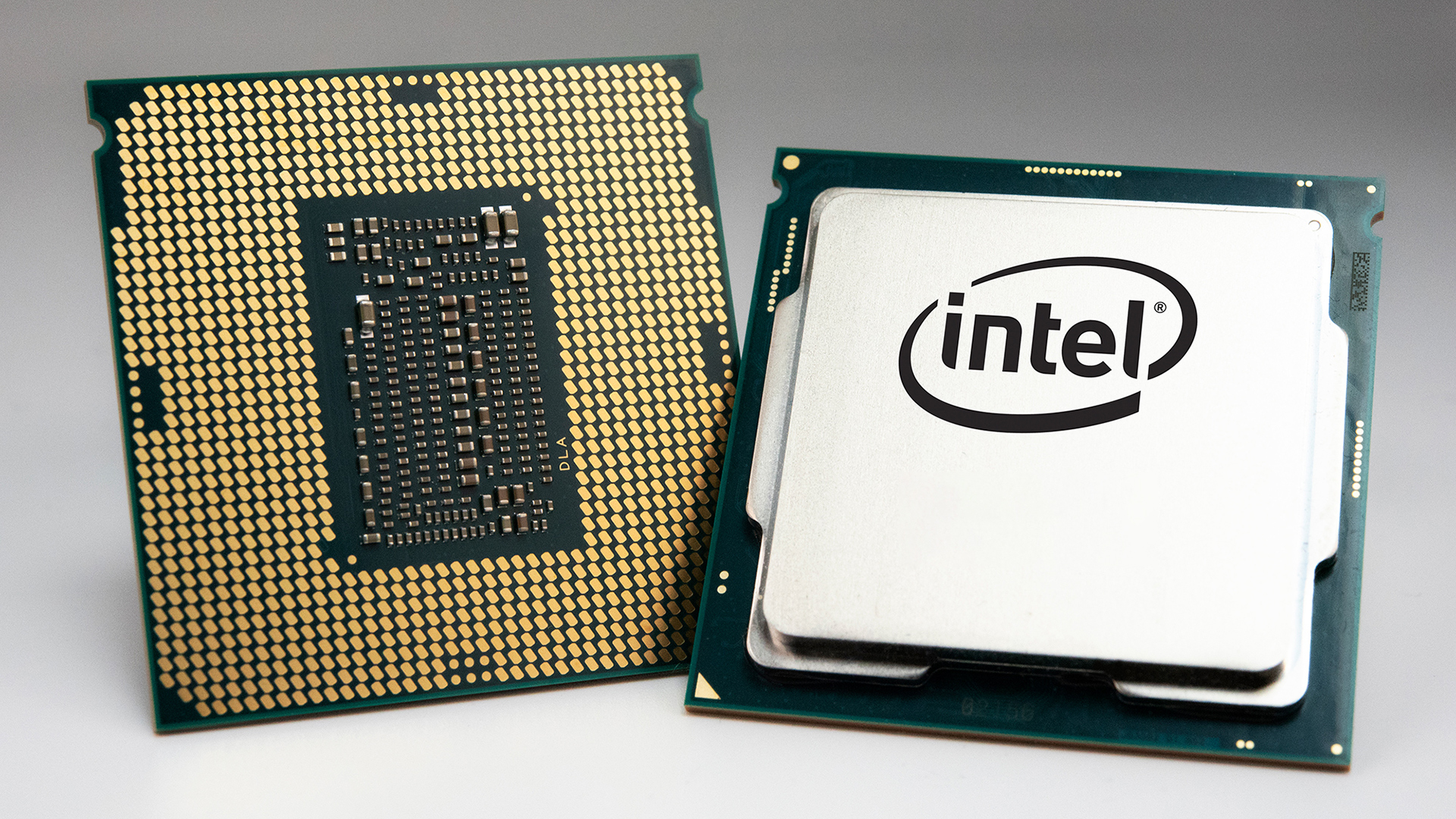Although Intel has not yet officially launched its 11th-Gen Core processors for desktops codenamed Rocket Lake, these CPUs were available from a single retailer for a brief period of time, so enthusiasts have already begun experimenting. Recently, one experimenter decided to remove the Core i7-10700K’s lid (delid) to reveal the die underneath.
This week MoeBen, an enthusiast from Overclock.net forums, delidded Intel’s Core i7-11700K processor. Even though he used special tools for delidding, the CPU died as a result of his manipulations.
The main thing that strikes the eye about Intel’s Rocket Lake is its rather massive die size. A quick comparison of Rocket Lake’s silicon to delidded Intel’s previous-generation processors reveals that the die of Intel’s eight-core Core i7-11700K is both ‘taller’ and ‘wider’ than the die of Intel’s 10-core Core i9-10900K. Also, the new CPU uses a slightly different packaging with resistors placed differently.
Based on rough napkin math based on the size of Intel’s LGA115x/1200 packaging (38 mm × 38 mm), an estimate for the Rocket Lake die size puts it around 11.78 mm × 24.58 mm, or 289.5 mm2. Such a large die area puts Rocket Lake into the league of the company’s LCC high-end desktop and server processors. For example, Intel’s 10-core Skylake-SP with a massive cache is around 322 mm2.
Intel’s Rocket Lake processors pack eight cores based on the Cypress Cove microarchitecture (which is a derivative of the company’s Willow Cove microarchitecture), an integrated GPU featuring the Xe architecture, a new media encoding/decoding engine, a revamped display pipeline, and a new memory controller.
Essentially, Rocket Lake uses CPU and GPU IP designed for Intel’s 10 nm SuperFin process technology, yet since it is made using one of Intel’s 14 nm nodes, it is natural that the said IP consumes more silicon area. To that end, it is not surprising that the new CPU is substantially bigger than its predecessor despite the fact that it has fewer cores. Obviously, since these cores are larger (and faster), they take up more die space.
Intel is projected to officially launch its Rocket Lake processors on March 30, 2021.
